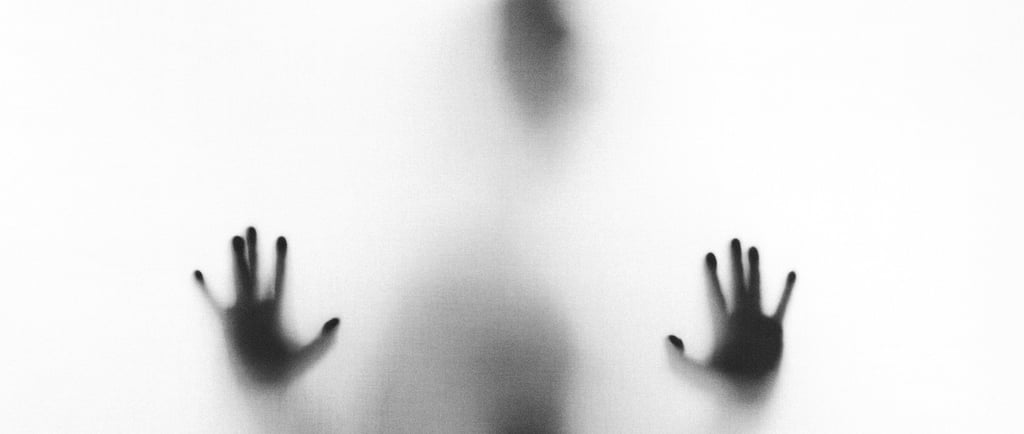Emotional Accountability - The Muscle We Don't Talk About Enough
Exploring how owning your emotions isn’t just self-help fluff—it’s a radical act of self-love and rebellion. Emotional accountability isn’t easy, but it’s worth it. Grab your coffee and dive in.
5/30/20253 min read


We spend hours at the gym, we track macros, we journal, we read all the right self help books and yet, the one strength we rarely train is the one that changes everything: emotional accountability.
This isn’t about shaming yourself for feeling too much. It’s about owning your emotions without letting them run wild. It’s learning to say, “This is mine to manage,” even when someone else lit the fuse. It takes guts, sweat and tears to face ourselves and sit with who we truly are. HINT: we all wear masks all the time. It’s how we navigate the world. The difference is when those masks no longer align with who we really are.
What is Emotional Accountability, Really?
It’s not just emotional intelligence with a prettier name. It’s the deep, uncomfortable skill of sitting with your own reactions before pointing fingers. It’s noticing your triggers, asking why they’re there, and choosing not to lash out. It’s also the ability to apologize genuinely when you know you missed the mark.
And here’s the kicker: it’s not about being perfect. It’s about being honest and accountable to yourself.
Why It Matters for Your Health
Chronic stress, resentment, repressed anger they don’t just hurt relationships. They settle into our cells, clogging up our sleep, slowing our digestion, and weakening our immunity. The weight of unspoken words and unprocessed grief shows up as tight shoulders, restless nights, and chronic fatigue. Our bodies become the truth tellers of what we refuse to face in our hearts. When we ignore the language of our inner world, the body becomes louder until it finally screams.
How Do We Start Practicing It?
First, we take responsibility for our emotions. We understand that our reactions come from our thoughts, not just someone else’s actions.
We stop putting labels like “good” or “bad” on our emotions — they’re all valid. Emotions are guides that help us understand ourselves better.
Sometimes the anger, disappointment, or disgust we feel towards someone else? It’s actually a reflection of where we’ve let boundaries blur, where we’ve allowed disrespect to linger. Owning even the “darker” sides of ourselves is essential. It’s not easy, but it’s honest.
Therapy can be a powerful place to start. It can help you see the patterns you couldn’t see alone, and begin to trust that your feelings yes, even the messy ones are worth listening to.
The Payoff? A Life That Feels Lighter
You stop waiting for apologies to heal. You stop needing someone else to change so you can feel peace.
You become grounded. Clear. Safe in your own skin.
And most importantly, you realize you have more control over your inner world than you ever imagined.
Even when others don’t step up, when they fall short, shut down, or disappoint you. You can still show up for yourself. You can still own your feelings, choose your reactions, and protect your peace.
Because emotional accountability isn’t about never feeling hurt.
It’s about refusing to let that hurt run the show.
You learn to hold your own pain and your own healing.
You learn to stand in your truth, even when others can’t.
And in that quiet strength? You become authentic to a world that lives in pretense.
This Isn’t a Self-Help Trend. This Is a Rebellion.
Because being emotionally accountable isn’t about being soft. It’s radical. It’s powerful. It’s one of the most rebellious things we can do in a world addicted to blame.
The world needs your light, but it also needs you to understand your own darkness. Because real change begins when we change ourselves.
This week, practice something you haven’t before. Meditate. Sit in the sun. Or just sit quietly with yourself.
So grab your coffee and dive in.